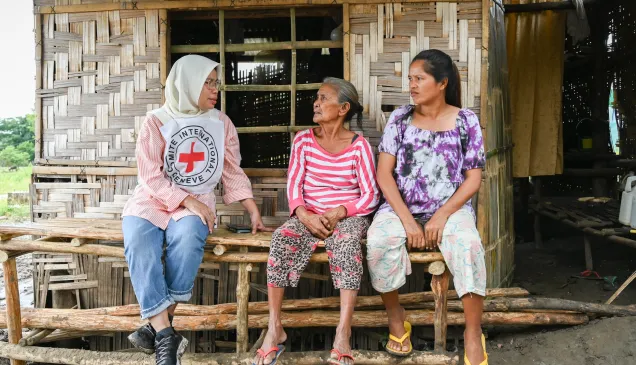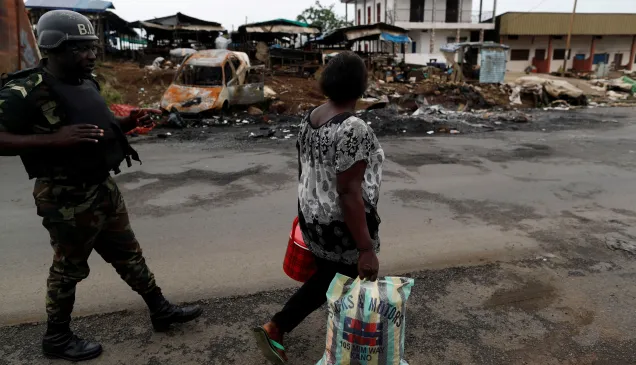World Mental Health Day: Families of Marawi missing suffer in silence
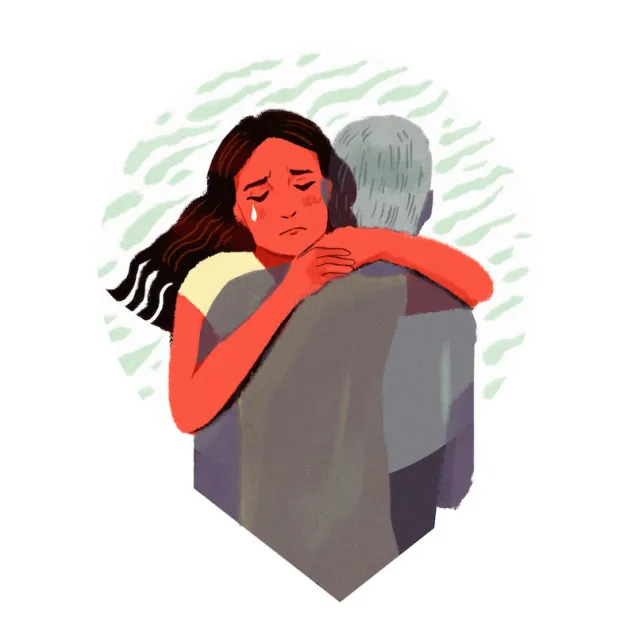
“If he’s alive, I would be thankful; and if he’s dead, I would just be thankful for the fact that I know exactly what happened to him. If he’s dead, I hope I get to see him at least. Even if it’s just a single bone, as long as it is his.”

There are nights that I stand at the door, waiting for my husband until it gets really late.
"And then I get tired waiting. I am always awakened by the sound of the dog barking, thinking my husband has come home. Or whenever I get a glimpse of a car’s headlight, I always hope it’s my husband who has come home. But it never happened. He is still not home.”
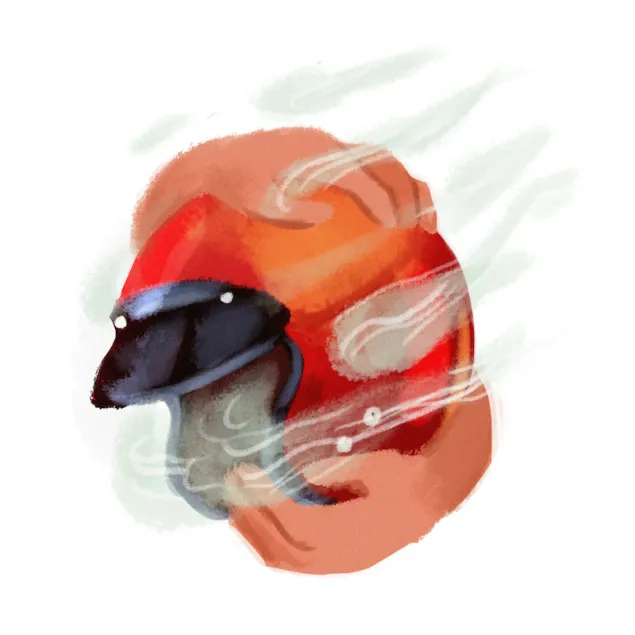
I used to enjoy riding a motorcycle.
"But I stopped riding now after my husband went missing. He taught me how to drive, and the motorcycle reminds me of him.”
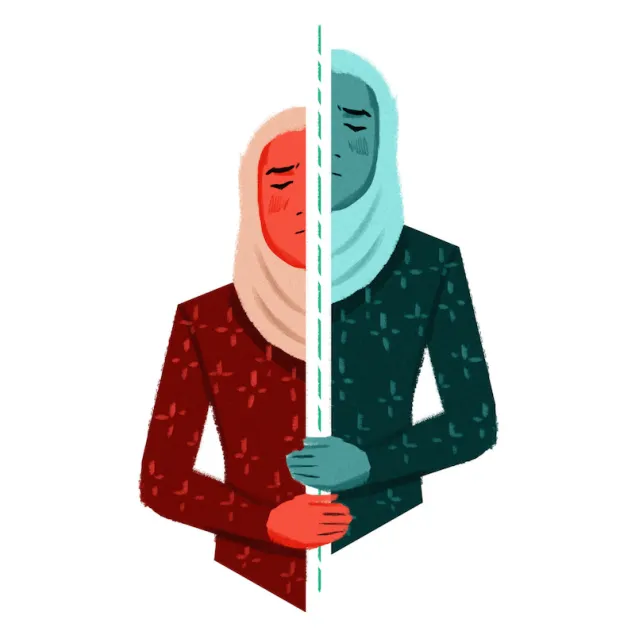
I’ve been incomplete since the day he went missing.
“It’s very difficult to explain to the children what happened. I lost motivation in life since my husband went missing. I don’t feel like doing anything in my life anymore.”
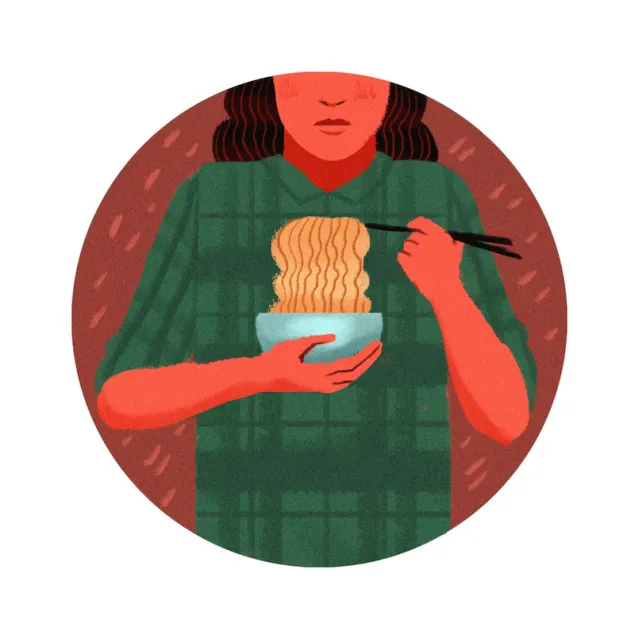
I wear my husband’s clothes to feel his presence.
“Whenever I go to the restaurant, I only order soup that was my husband’s favorite.”
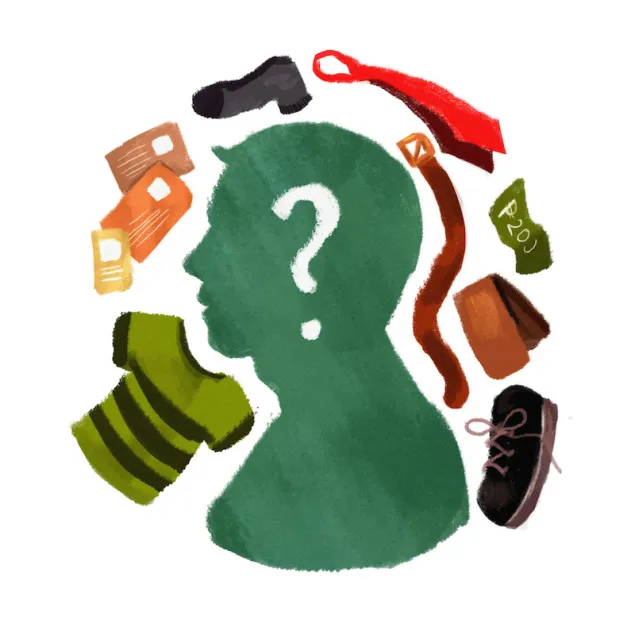
I hope to see a part of my father.
“If not his body, at least a piece of his clothing, wallet, ID card, or whatever that belongs to him. I just want to see anything and whatever that relates to him.”
This World Mental Health Day, we would like to shed light on the immense suffering of people who are still looking for loved ones who went missing in the 2017 Marawi conflict.
Not knowing the fate and whereabouts of their loved ones, these families continue to live in uncertainty. They are unable to move on and find closure to this day. The grieving process cannot start nor be completed.
Under international humanitarian law, the families have the right to know the fate of their loved ones. Authorities bear the ultimate responsibility to prevent disappearances, and after the end of hostilities, to account for persons who went missing during the conflict.
By virtue of our neutral, impartial and independent mandate, we support efforts to give these families answers. We have been working in dozens of countries to assist in tracing thousands of persons who went missing in relation to conflict, to help end the suffering of their families.
"The missing persons of Marawi must not be forgotten. We encourage these families to come forward and reach out to neutral and independent organizations like the Red Cross. We will exert efforts to work with these families, and with the authorities, to clarify the fate of the missing people in Marawi," said Zita Crener, head of the ICRC's Protection team in the Philippines.
We have dedicated hotlines so families of missing people in Marawi can reach out to us:
0921-8096803 (Smart)
0966-7443911 (Globe)
We will respond to inquiries without delay, and will ensure that any information remains confidential, should families wish so.
We also continue to work on the Management of the Dead with relevant authorities involved to provide technical support needed to ensure a proper handling of unidentified remains, so as to increase chances of identification.

